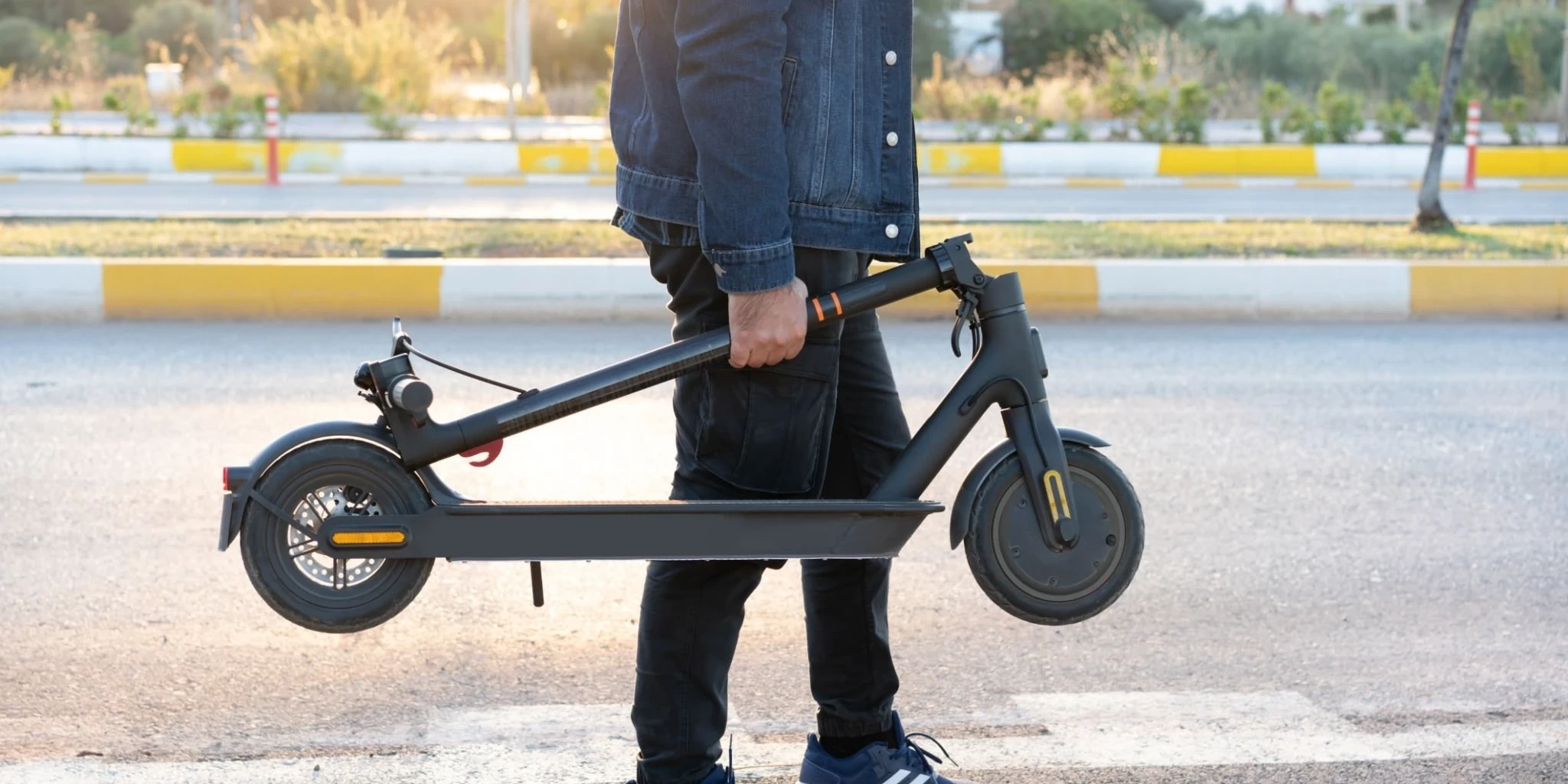Jump to:
Electric scooters, also known as e-scooters, have gained immense popularity over the past few years. They are fast, convenient, and tremendously eco-friendly transportation for many individuals. E-scooter companies have taken the world by storm, providing innovative and sustainable commuting methods. With the increasing concern for climate change and the push towards sustainable transportation, e-scooters have become a popular solution to reduce carbon footprints.
Understanding E-Scooters
E-scooters are battery-operated and are typically made from lightweight materials such as aluminium or carbon fibre, making them easy to manoeuvre. They have small motors that allow them to reach up to 18-20mph speeds and typically range around 15-25 miles between charges. E-scooters can be rented for a few hours or even several days to explore cities and other tourist destinations.

Sustainability And Transportation
Transportation is a significant contributor to environmental pollution, with most of the world’s population relying on cars and other vehicles emitting gas and other pollutants. Electric vehicles (EVs) have been an essential aspect of the shift towards sustainable transportation, providing a cleaner and greener mode of transport. However, EVs can be costly, and the charging infrastructure is not as developed, making it challenging to use in all regions.
How E-Scooters Contribute To Sustainable Transportation
E-scooters contribute significantly to sustainable transportation. Below are some ways they help achieve this goal:
E-Scooters As A Green Mode Of Transportation
Best electric scooters are an excellent alternative to gas-guzzling vehicles and a great solution for individuals seeking a greener mode of transportation. They are powered by batteries that require recharging, producing no tailpipe emissions and contributing minimally to air pollution. E-scooters also help reduce the carbon footprint by replacing car trips for short distances.
Reducing Carbon Footprint With E-Scooters
The transportation sector significantly contributes to greenhouse gas (GHG) emissions worldwide. E-scooters are helping to reduce emissions by providing individuals with an eco-friendly mode of transportation and reducing their dependency on gas-powered vehicles. A recent study showed that electric scooters would replace about 50% of car trips in major cities, reducing GHG emissions by 45%.

E-Scooters And Access To Public Transportation
E-scooters can help promote access to public transportation. Many individuals live too far away from public transport stations to walk but are not close enough to require a car. Electric scooters provide a convenient and eco-friendly solution to reach their destination quickly and efficiently. Cities that have embraced e-scooters have noticed an increase in the number of people using public transportation, a positive trend for the environment.
E-Scooters And Urban Congestion
Urban pollution is a primary concern globally, and traffic congestion is a significant contributor. More vehicles in cities cause air pollution and more time wasted in traffic. One solution to this issue is using e-scooters, which offer a viable alternative to the congested city commute. E-scooters cut travel time during peak hours by an average of 30%, which reduces congestion and the associated emissions.
Electric scooters are proving to be a sustainable mode of transportation, especially for short distances, thus reducing the ecological footprint of travelling. More importantly, e-scooters offer an affordable and convenient alternative to cars, thus promoting the use of more sustainable modes of transportation. Cities worldwide are embracing e-scooters, and they will undoubtedly contribute to a cleaner, healthier, and more sustainable environment. I also need you to correct any grammar mistakes in the article.
Peaker
Meet Peaker, our suave electric scooter enthusiast from the charming streets of London. With a passion for sustainable urban mobility, Peaker navigates the world of electric scooters with a keen eye for style and efficiency. Whether he's zipping through the city or sharing his latest scooting adventures, Peaker is your go-to guide for all things electric and eco-friendly. Join him on the ride towards a greener, swifter future!





